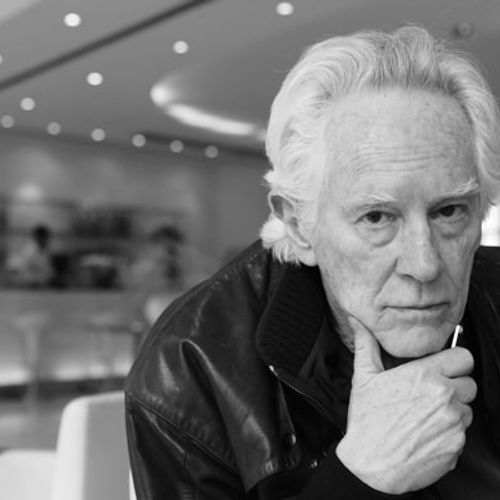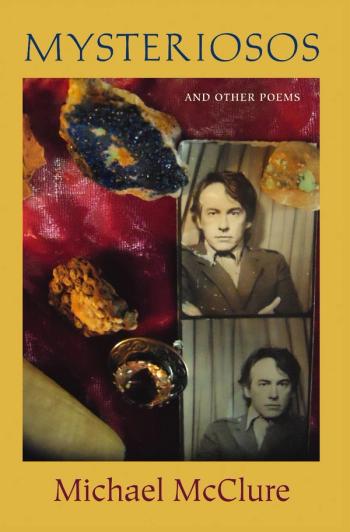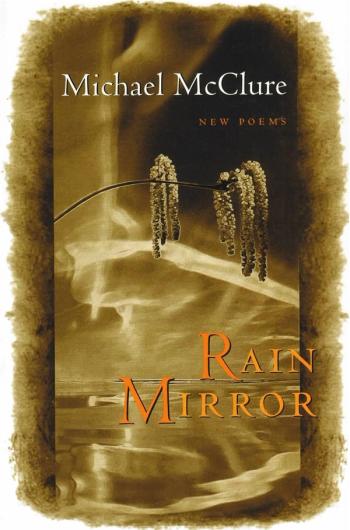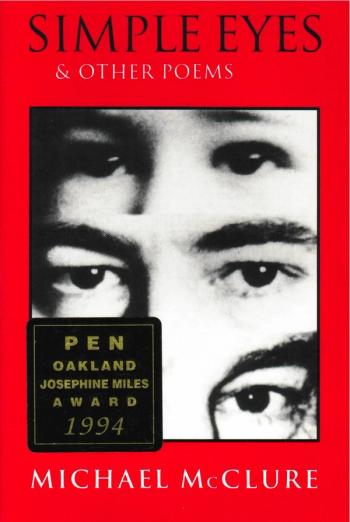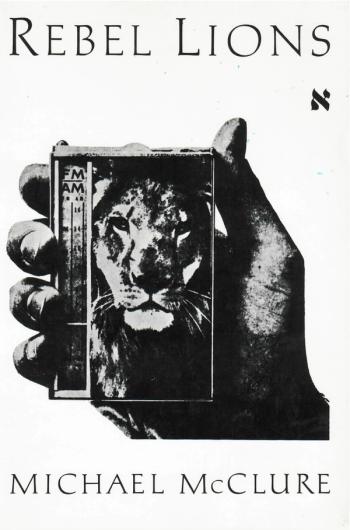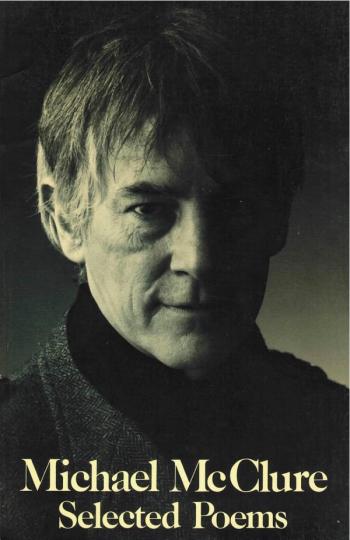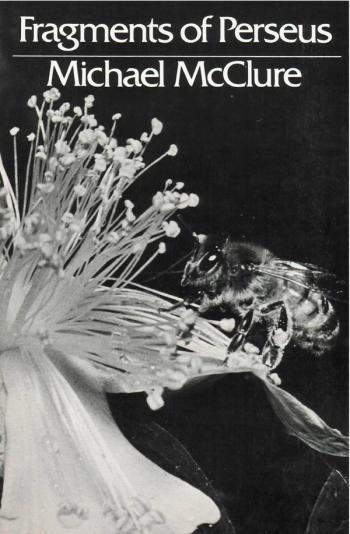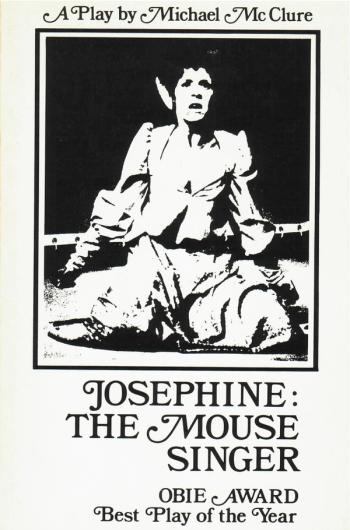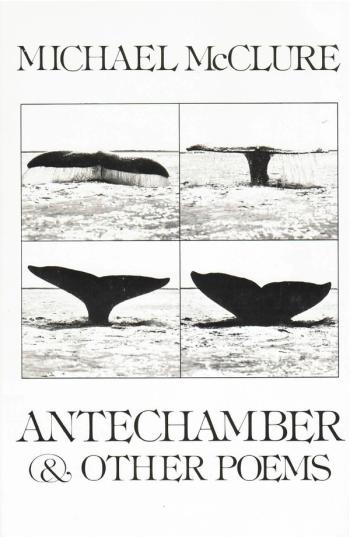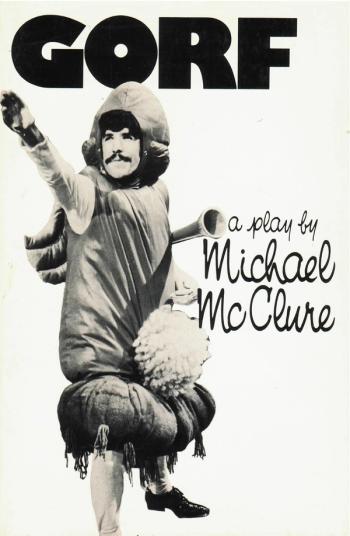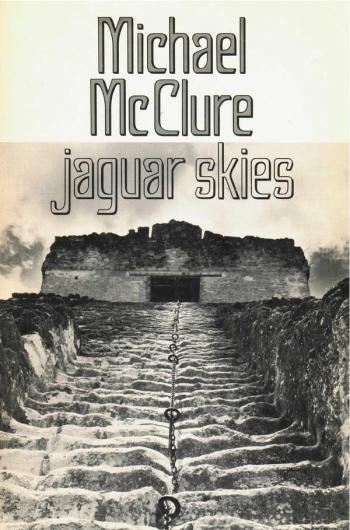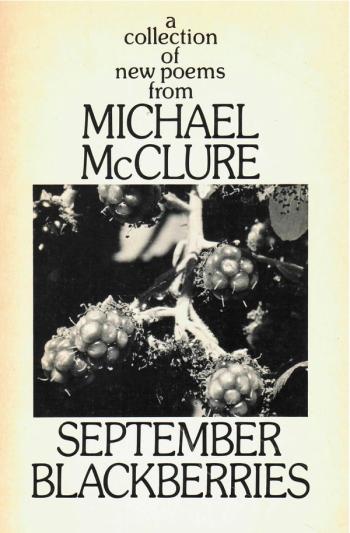Michael McClure
Michael McClure is one of the major figures of the Beat Generation. Besides reading at the famous San Francisco Six Gallery Reading where Ginsberg first read “Howl,” he was fictionalized in Jack Kerouac’s novel Big Sur. McClure is a captivating reader and performer (he recited from The Canterbury Tales in Martin Scorcese’s The Last Waltz) and his collaboration with The Doors’ keyboardist Ray Manzarek and contemporary composer Terry Riley are now legendary. A native of Kansas who grew up by the “blue-black waters” of Puget Sound, Michael McClure is a poet, playwright, novelist, essayist. He co-wrote the Janis Joplin hit “Mercedes Benz,” and overcame the censorship laws with his Obie winning play The Beard. Another drama based on a Kafka parable, Josephine: The Mouse Singer received the Obie for Best Play. McClure’s passions are biology and the arts. He has travelled in East Africa and Mexico as part of his field studies. McClure writes poetry in Projective Verse as a part of his action philosophy. His essays are primarily on the subjects of biology and studies of his artist friends including Robert Duncan, Jim Morrison, and Isamu Noguchi. He has produced two documentaries, and received awards including a Guggenheim Fellowship, a Rockefeller grant for playwriting, and the Alfred Jarry award.
